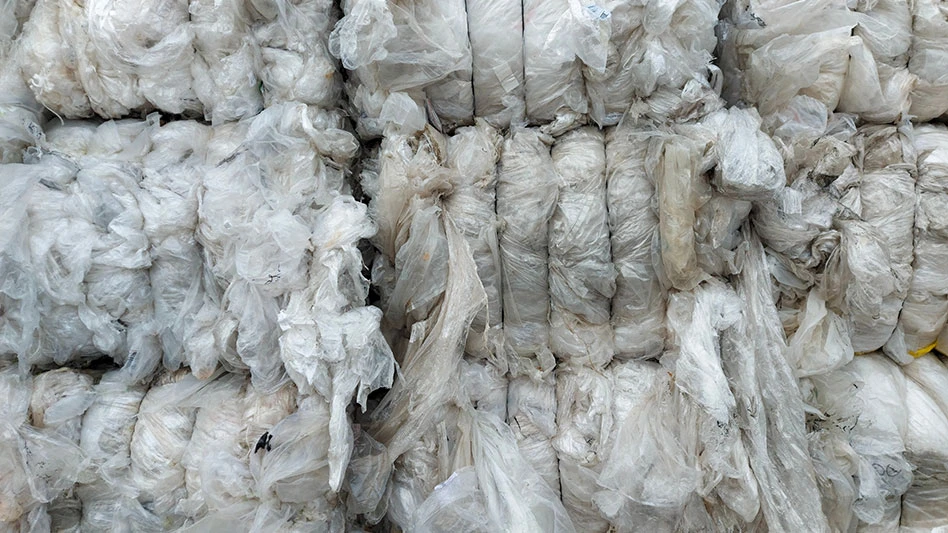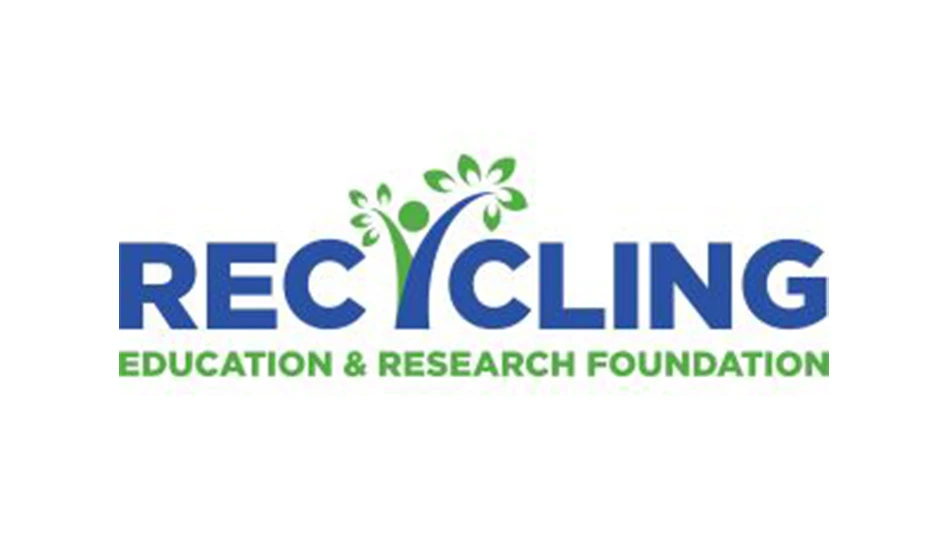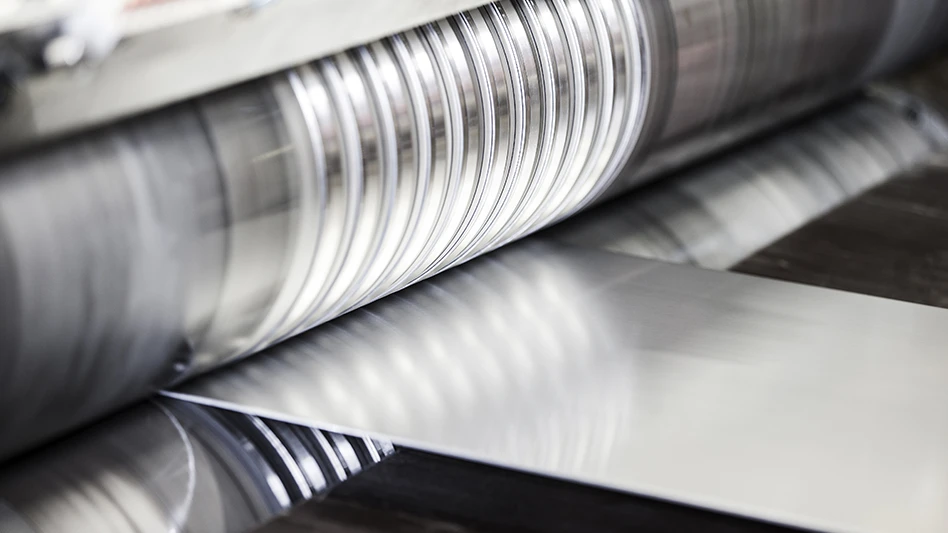A Newark motor oil recycler is laying the groundwork to double its refinery output to take advantage of tougher state recycling regulations, even as it fends off neighborhood complaints that its plant stinks.
Evergreen Oil Co., headquartered in Irvine, recycles 20 million gallons of motor oil each year at its Newark plant into 9 million gallons of industrial lubricants. The 15-year-old facility uses oil collected from oil change companies, service stations and auto dealerships throughout the Bay Area.
"Oil doesn't wear out. It just gets dirty," said plant manager Brian Higgins. "It is a growing business."
Growing because lawmakers are making it harder and more expensive to dispose of motor oil. About one-third of used motor oil is now dumped in landfills, and most of the rest is burned as fuel in boilers or, in some cases, illegally thrown away.
Although new state and federal regulations are making it tougher to bury or burn motor oil, reclamation is also a long, complicated and dirty process that has earned its share of opponents. Neighbors of the Evergreen facility have complained about sulfur-like emissions from the plant off and on since it opened on 7 acres in southwest Newark in 1986.
Newark Fire Chief Mike Preston says on its bad days, the air around the oil refinery smells like rotten eggs.
"Some people are getting tired of smelling it," Preston said.
The process used by Evergreen to recycle the oil involves a series of chemical reactions which are designed to first thin the oil and then filter out dirt, metals and other debris. The oil is then heated until it separates into various weight classes. About two-thirds becomes industrial lubricants while approximately 20 percent becomes fuel oil and the remainder becomes asphalt.
The process is fully enclosed via pipelines and large vats, meaning nothing is exposed to the air. But that hasn't kept the company from having trouble with state air quality regulations.
Evergreen has been fined a total of $3,450 and warned on several other occasions about emissions violations and related offenses, according to Teresa Lee, spokeswoman for the Bay Area Air Quality Control District.
On Dec. 18 last year, the California Toxic Substances Control Board and Evergreen agreed on an $825,000 fine, including board legal costs, for various emission violations, such as unlawful storage, testing violations and improper disposal. As part of the settlement, Evergreen received nearly $400,000 in credits for local safety and recycling projects and for installing an emergency management system.
"Evergreen has certainly had its problems," Lee said. "But it is a difficult business and it seems to be working on them."
Evergreen board director Calvin Barnes says the facility's expansion will include state-of-the-art anti-pollution equipment.
"We're all set and we're complying with all the regulatory requirements," Barnes said.
The $175 million motor oil recycling industry is growing as new techniques come on line and the reclaimed motor oil's quality gets better and better.
"The quality is almost the same as virgin motor oil," said Bill Wahbeh, director of health and safety for Evergreen Oil. "You could use it in your car if you wanted to."
The 20 million gallons Evergreen processes is a drop in the bucket compared to the 600 million gallons of used motor oil generated each year. About 240 million gallons 70 percent of the used motor oil drained by car owners is improperly disposed of in sewers, garbage cans or in rivers.
The City of Newark supports the plant's goal recycling a hazardous material that might otherwise pollute the environment but it wants to make sure all safeguards and anti-pollution systems are in place, according to Clay Colvin, Newark's economic development manager.
"As long as you meet these levels of approval, the project will be supported," Colvin said. East Bay (Calif.) Business Times.
Latest from Recycling Today
- CalRecycle opens comment period on proposed SB 54 revisions
- 2026 Circular Steel Summit: Taking stock of tariffs
- CDRA Conference & Tradeshow 2026: Addressing battery fire risks
- Darda equipment now available in North America
- Struktol's ZB 47 and ZB 49 improve processability in rubber compounds
- Volatility wave hits copper pricing
- ArcelorMittal legal battle with Italy continues
- Altor program boosts EPS recycling





